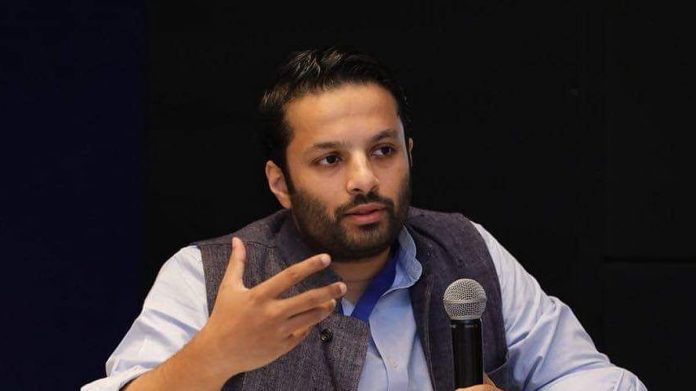The weekend arrest of historian-political scientist Professor Ali Khan Mahmudabad by Haryana Police has ignited a fresh debate on academic freedom and dissent under the BJP government, reported the TNM.
Mahmudabad was picked up from his Delhi residence at dawn on Sunday and transported to Sonipat. He faces grave provisions of the new Bharatiya Nyaya Sanhita—including Section 152 for “acts that endanger India’s sovereignty,” Section 353 for “public mischief,” and the contentious Section 79, normally invoked for outraging a woman’s modesty. Critics argue the Facebook post in question—an essay critiquing “Operation Sindoor” and the ruling party’s alleged hypocrisy—contains no element that remotely fits those descriptions.
Legal scholars note that the arrest appeared to bypass standard inter-state procedures. “Executing a Sunday morning raid in another jurisdiction for a non-violent post is, at best, overreach and, at worst, intimidation,” said a retired Delhi High Court judge who asked not to be named.
The complaint originated from Yogesh Jatheri, a BJP youth-wing leader, underscoring what opposition parties call an emerging template: partisan grievance triggers rapid police action, often under expansive national-security clauses. Ironically, the arrest came just as New Delhi prepares to dispatch Parliamentary delegations abroad to showcase its democratic credentials.
AIMIM chief Asaduddin Owaisi called the charges “laughable,” while activist Yogendra Yadav questioned why no action was taken against MP Vijay Shah, who publicly insulted Colonel Sofiya Qureshi—one of the officers lauded in Operation Sindoor briefings.
Ashoka University’s official statement—distancing itself from Mahmudabad’s “personal views” and affirming loyalty to the armed forces—has drawn ire from students and faculty who say the institution shirked its duty to defend academic speech. The Faculty Association condemned the “calculated harassment,” citing denial of medication and erratic custodial transfers.
Observers liken the episode to earlier cases where universities capitulated to political pressure, warning that self-censorship erodes the very ethos of liberal education.
Mahmudabad’s post argued that celebrating Muslim women in uniform rings hollow while ordinary Muslims face bulldozers and mob violence. By slapping him with national-security and obscenity charges, authorities have inadvertently amplified that critique.
If the goal was deterrence, the backlash suggests the opposite: civil-society groups, opposition leaders, and international watchdogs are framing the incident as further evidence of shrinking democratic space.
The arrest may chill some voices, but it also spotlights the widening gap between the government’s global messaging on pluralism and its domestic tolerance for dissent.




